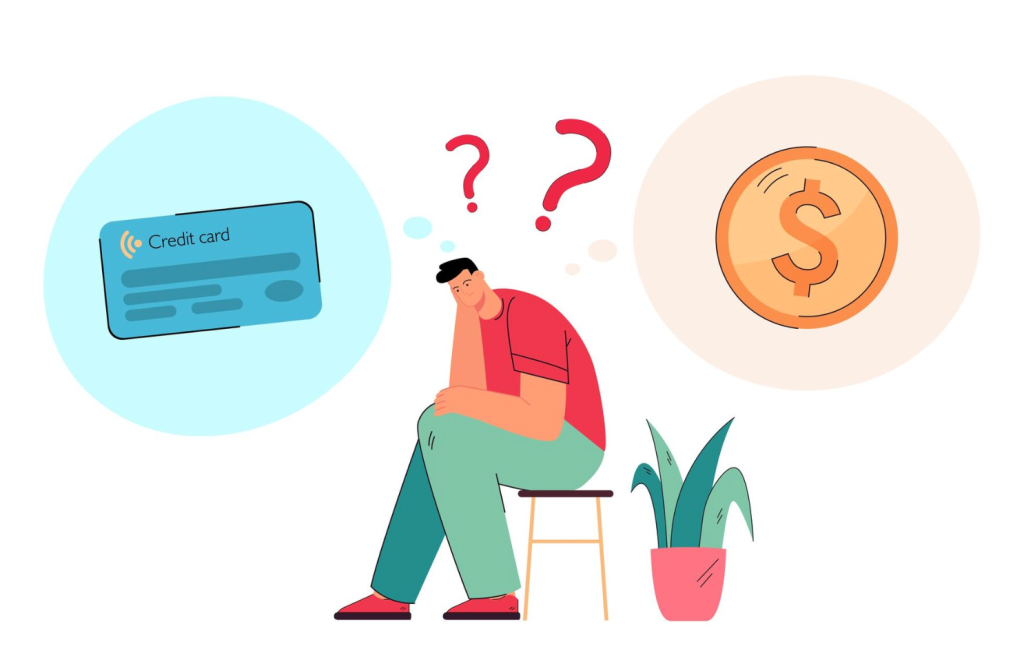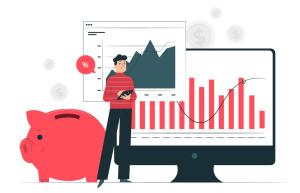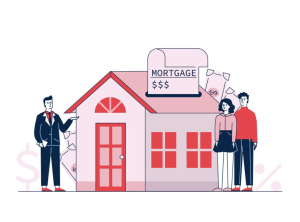Payday loans, while designed to provide short-term financial relief, can sometimes become a source of stress and financial hardship. Life can take unexpected turns, making it challenging to repay a payday loan on time. In this article, we will explore the consequences of not being able to repay a payday loan and offer solutions to navigate this challenging situation responsibly.
Understanding Payday Loans
Before delving into the repercussions of not repaying a payday loan, let’s briefly review how payday loans work:
- Payday loans are short-term loans typically ranging from £100 to £1,000, designed to cover immediate financial needs.
- Borrowers are expected to repay the loan, including interest and fees, by their next payday.
- These loans are often used to address unexpected expenses, such as medical bills, car repairs, urgent household needs or etc.
Consequences of Not Repaying a Payday Loan
- Accumulation of Fees and Interest:
- When you miss your repayment date, payday lenders may apply additional fees and interest charges. These can accumulate quickly, making the loan even more expensive.
- Debt Collection Efforts:
- Lenders may employ debt collection agencies to recover the outstanding debt. This can result in relentless calls, emails, and letters, causing significant stress.
- Damage to Credit Score:
- Non-payment of payday loans can negatively impact your credit score. This can make it more challenging to access credit in the future and affect your financial stability.
- Legal Action:
- In extreme cases, lenders may pursue legal action to recover the debt. This can lead to court appearances, judgments, and wage garnishment.
Solutions When You Can’t Repay a Payday Loan
If you find yourself unable to repay a payday loan, it’s essential to address the situation promptly and responsibly:
- Contact the Lender:
- Communicate with your lender as soon as you realise you can’t make the payment. Some lenders may offer options like loan extensions or repayment plans.
- Review the Loan Agreement:
- Carefully review the terms of your loan agreement to understand the lender’s policies regarding missed payments and late fees.
- Seek Financial Counseling:
- Reach out to a financial counselor or advisor for assistance in managing your debt and creating a sustainable repayment plan.
- Consider Debt Consolidation:
- Debt consolidation can be an option if you have multiple outstanding loans. It involves combining your debts into a single, more manageable payment.
- Budget and Financial Planning:
- Develop a comprehensive budget to manage your finances better. Prioritise your essential expenses and create a plan to repay your payday loan.
- Explore Alternative Financial Solutions:
- Look into alternative lending options with more favorable terms, such as personal loans from banks or credit unions.
Conclusion
When you can’t repay a payday loan, it’s crucial to take immediate action and communicate with your lender. Ignoring the issue can lead to accumulating fees, damaged credit, and even legal consequences. Seeking help from financial professionals and exploring alternative financial solutions can help you navigate this challenging situation responsibly. Remember that addressing the issue promptly and transparently is the first step towards regaining control of your financial well-being and preventing a temporary setback from becoming a long-term financial burden.






